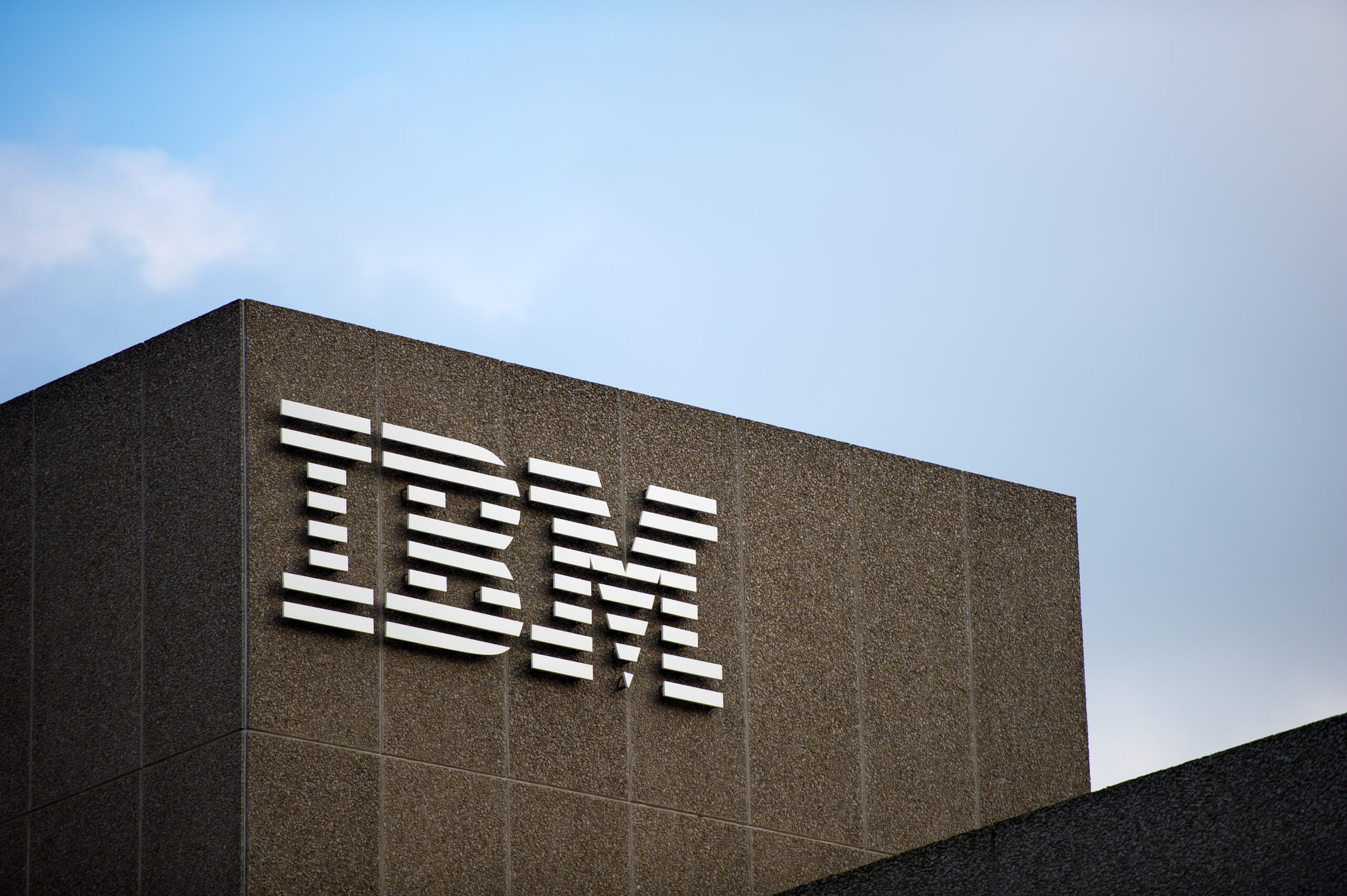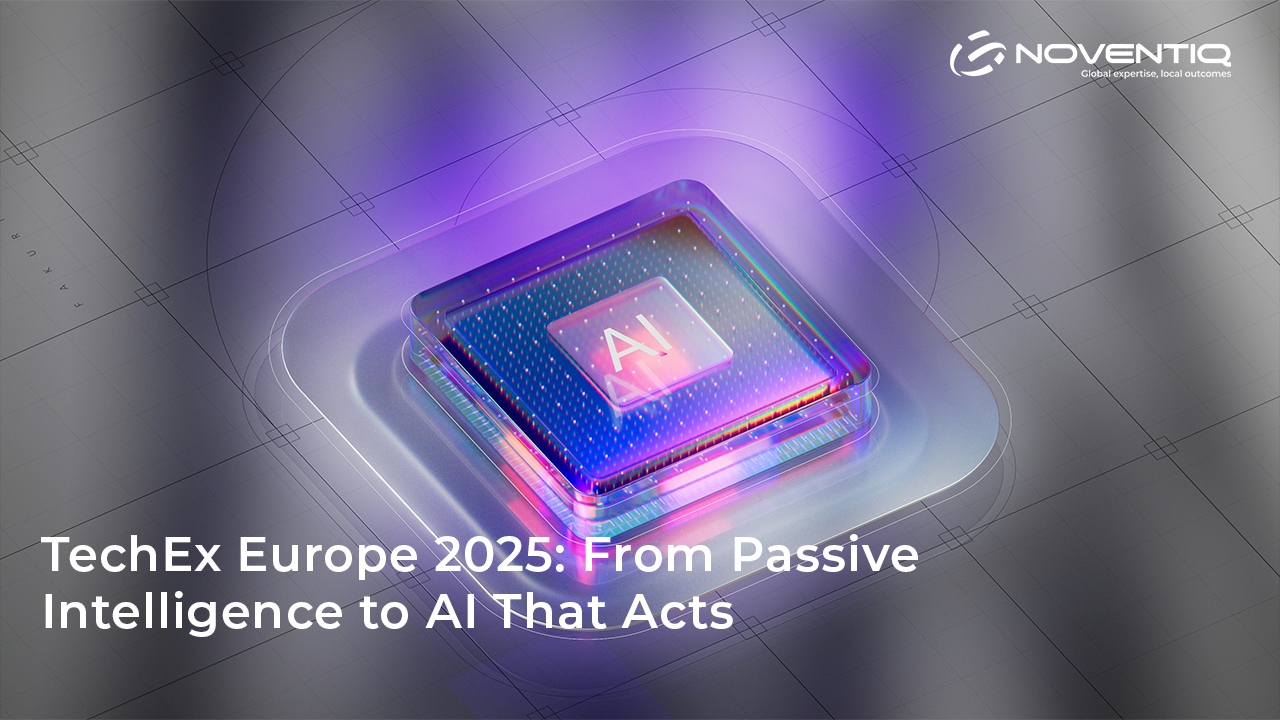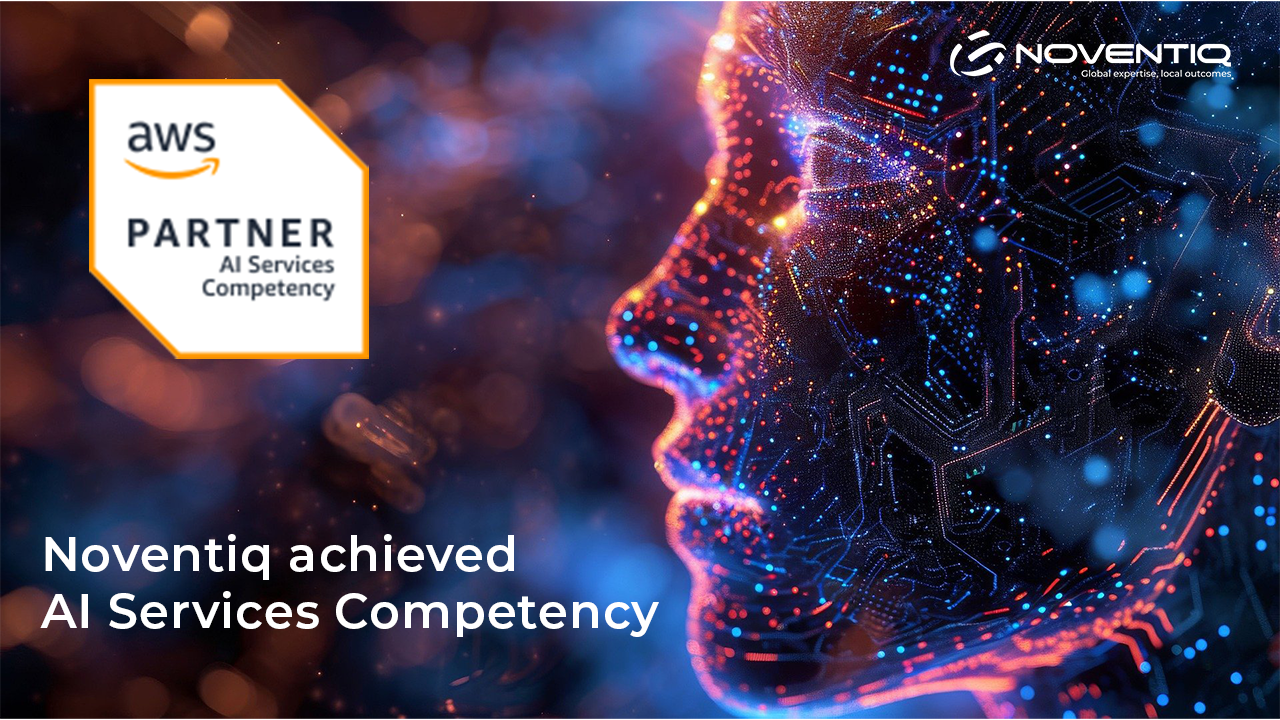An Inspiring Journey to the Future: Visit to the IBM Research Center in Zürich

The Journey Begins: From Belgium to Zürich
In May 2025, TD SYNNEX organized an exclusive two-day journey to the IBM Research Center in Zürich for selected IBM partners. The objective of this strategic visit was to gain in-depth insights into groundbreaking developments in AI, Quantum Computing, and Flash Storage - technologies that will define the future of enterprise computing.
As partners, our expectations were high: we wanted not only to understand how these emerging technologies are evolving, but especially how they can create concrete business value for our customers. The agenda included hands-on sessions with IBM's latest AI applications, an exploration of quantum-safe cryptography, and an exclusive behind-the-scenes look at IBM's Flash Storage innovations.
The visit was designed to better equip us as partners for the technological transition our customers will undergo in the coming years. From the moment we traveled together, valuable technical discussions about AI possibilities emerged - a prelude to the intensive learning sessions that would follow.
The Future: Visionary Insights
The IBM Research Center provided us with a fascinating look at the future of computing. The experts made it crystal clear that we are on the threshold of a revolution.
The four main pillars on which IBM Research focuses - AI, semiconductors, quantum computing, and hybrid cloud/infrastructure - together form the foundation for the next technological leap forward.
Infrastructure of the Future: Neuromorphic Computing
One of the most impressive developments discussed was neuromorphic computing. These systems, inspired by the human brain, integrate processing and memory into one unit. The result? Enormous parallelization and energy efficiency that puts traditional AI accelerators like GPUs and TPUs in the shade.
Additionally, it became clear that the future of storage lies in the perfect balance between tape and flash technologies, with sustainability and AI-optimized infrastructure at the center.
Quantum Safety: Being Prepared for Tomorrow
A crucial topic was the quantum threat to our current digital security. IBM's experts explained that quantum computers can break through our current encryption methods, but that work is already underway on quantum-safe cryptography.
The good news? IBM Z systems already offer quantum-safe cryptographic methods. This focus on future-proof technology was also evident in IBM's storage research. The expectation is that these new standards will become the norm within seven to ten years.
Flash Characterization Lab: Excellence in Storage
In the Flash characterization lab, we got a behind-the-scenes look at how IBM designs algorithms and flash management schemes. The goal? To improve the reliability and performance of QLC flash memory so that 3D QLC flash can be used in enterprise storage systems with unparalleled capacity at competitive costs.
QLC (Quad-Level Cell) technology can store four bits per cell instead of the traditional one bit, which drastically increases storage density. The challenging aspect is that as more bits per cell are stored, reliability and lifespan decrease - precisely where IBM's advanced algorithms provide a solution. By developing smart error correction and wear-leveling techniques, they enable enterprise-grade performance with consumer-friendly costs.
AI Applications: From Theory to Practice
The AI sessions showed concrete applications of IBM's research into large language models. IBM Research is working on improving the interface of large language models (LLMs), so that we are no longer dependent on complex 'prompt engineering'.
Three groundbreaking AI applications that were shown to us:
Agentic AI for Document Processing
An AI system that can achieve specific goals with minimal supervision. By using large language models in dynamic environments, it can process documents in ways that were previously unthinkable.
This technology goes beyond traditional AI by making autonomous decisions and executing tasks without constant human guidance. The system can analyze complex documents, extract relevant information, and even take follow-up actions based on the content found. In practice, this means that legal contracts, medical records, or financial reports can be automatically processed with precision that matches human experts.
Visual Prompting Lab
The Visual Prompting Lab demonstrated how visual input can convert datasets into segmentation models without complex programming. Instead of textual input, you simply provide visual cues.
This innovative approach eliminates the need for complex programming skills or machine learning expertise. Users can simply point to examples in images - for instance "this is a car" and "this is a bicycle" - after which the system automatically learns to recognize these objects in new images. This technology opens machine learning to non-technical users and makes computer vision accessible to companies without AI specialists.
FlowPilot
This system uses generative AI for streamlined data preparation and introduces a conversational text-to-SQL function that drastically simplifies data integration.
FlowPilot transforms the way we interact with databases by converting natural language into complex database queries. Instead of learning SQL syntax, users can simply ask questions like "Show me all customers from Belgium who spent more than €1000 last month." The system understands the context, automatically generates the correct SQL code, and executes the query, making data analysis accessible to business users without technical backgrounds.
After these AI demonstrations, we gained insight into the physical infrastructure that makes these breakthroughs possible.
Nanotechnology Center: Precision at the Atomic Level
The Binnig and Rohrer Nanotechnology Center provided insight into precision technology at the nanoscale. This cleanroom facility and six noise-free laboratories are designed to enable research at the level of 1 nanometer and smaller. The protection against vibrations, electromagnetic fields, temperature fluctuations, and acoustic sound makes experiments possible that redefine the boundaries of what is technically feasible.
In these laboratories, scientists work with scanning probe microscopes and electron beam lithography to create structures that are only a few atoms in size. The center plays a crucial role in the development of quantum processors, where individual atoms function as qubits. The ultimate quiet environment is essential because even the smallest vibration - comparable to the sound of someone walking in another building - can disrupt nanoscale experiments and destroy quantum states.
Cybersecurity: Ransomware Detection
Finally, we learned about IBM's advanced AI inference engine in IBM Storage FlashSystem for ransomware detection. When a threat is identified, the system automatically sends an alert to IBM Storage Insights, bringing proactive security to a completely new level.
Key Takeaways: Technology That Transforms Business
Our visit to the IBM Research Center reinforced that we are witnessing a fundamental shift in enterprise technology. The convergence of AI, quantum computing, and advanced storage solutions is creating unprecedented opportunities for businesses to automate complex processes, enhance security, and unlock new levels of efficiency.
What struck us most was how these innovations are moving from research labs to practical business applications. From AI systems that can autonomously process legal documents to quantum-safe cryptography that protects against future threats, these technologies offer tangible solutions to real-world challenges our customers face today.
The experience highlighted the critical importance of staying ahead of the technology curve and the value of strategic partnerships in navigating this transformation successfully.
The future of technology is not only impressive - it is within reach. And I am proud that we are part of this revolution!
Would you like to learn more about how AI can benefit your organization? Noventiq has extensive experience in implementing AI solutions. Feel free to contact us for a no-obligation conversation here or explore our services at aws.noventiq.eu.


